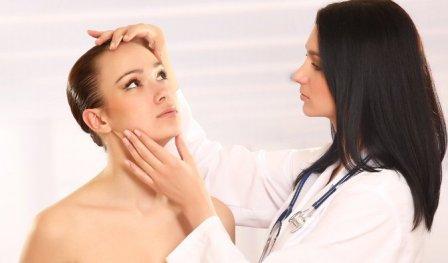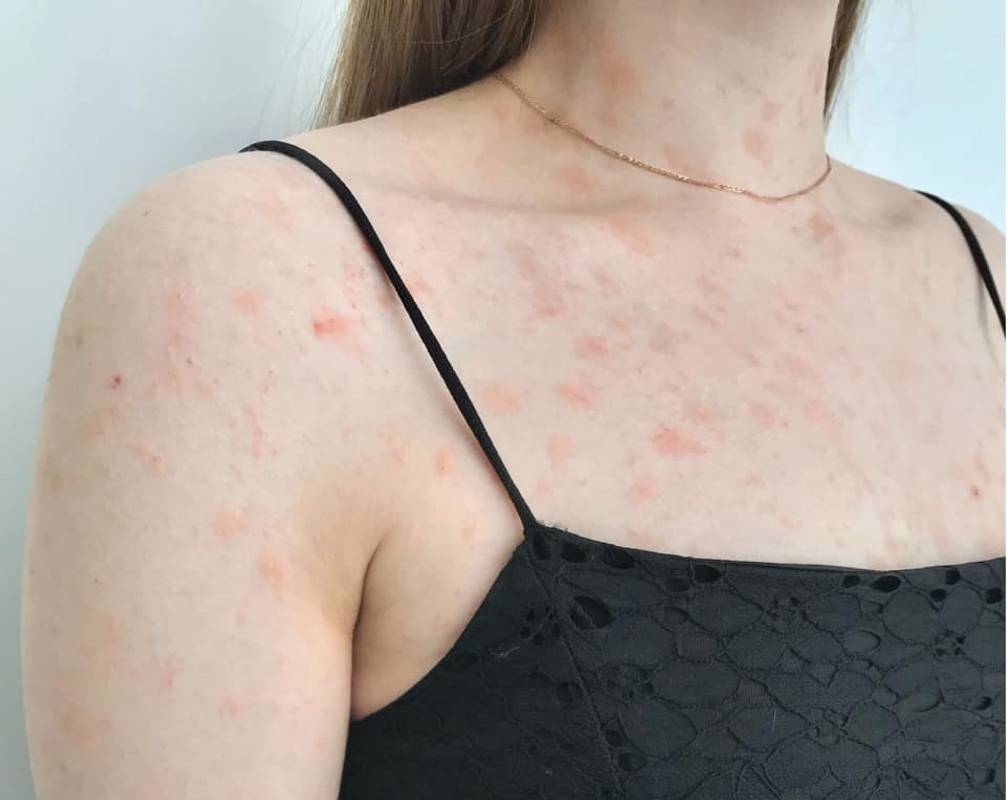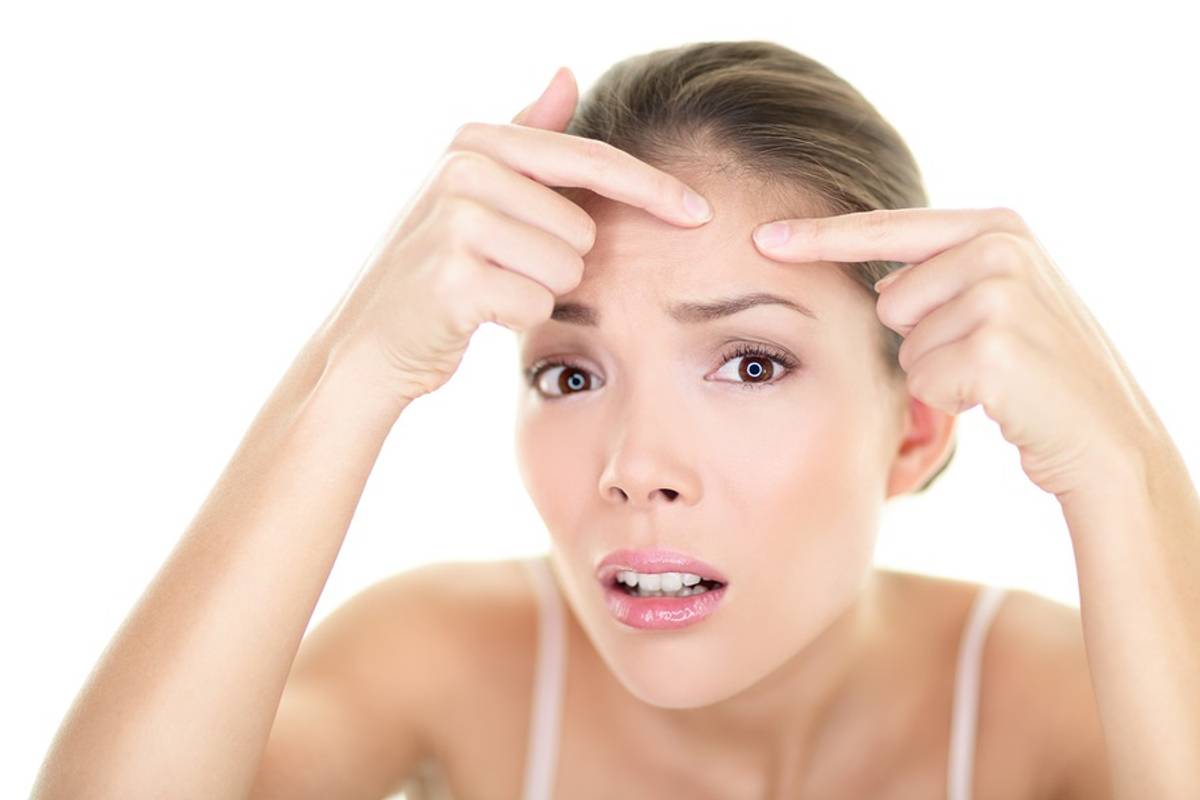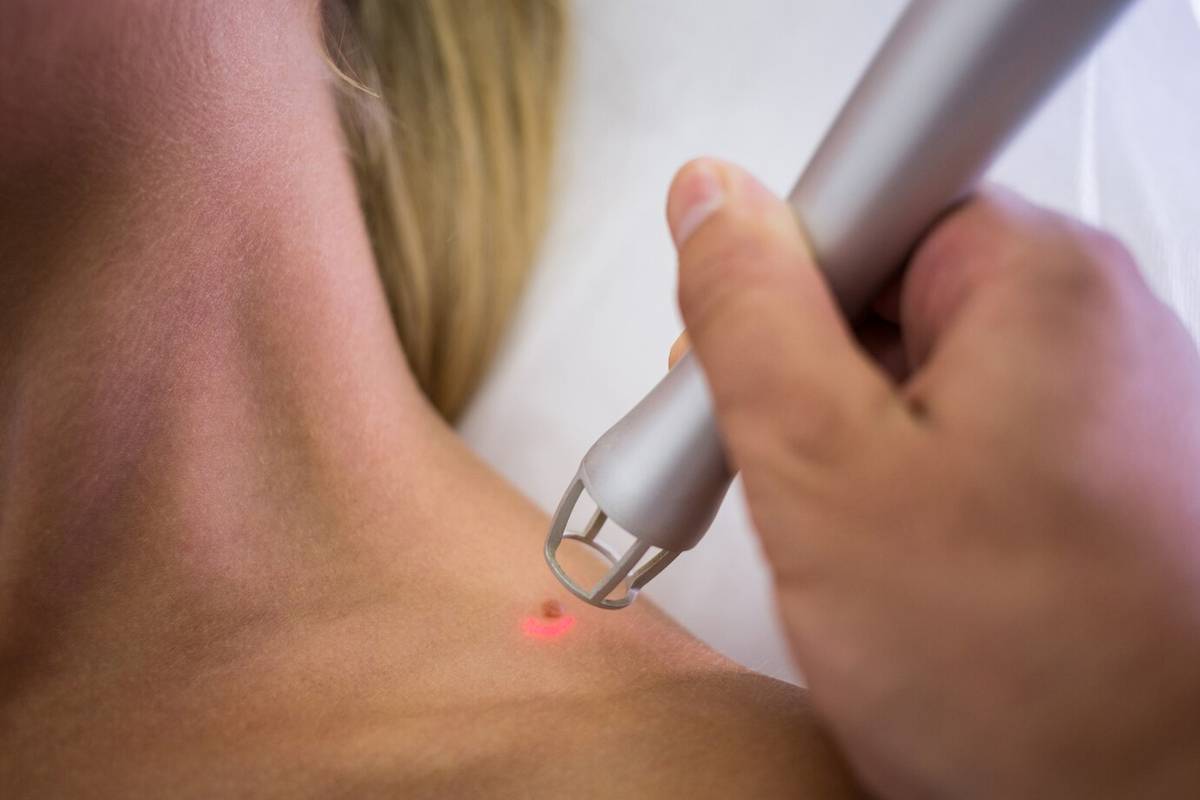
Psoriasis: how to overcome the disease?
The term “psoriasis” was known even in the time of Hippocrates. Today, 3-7% of the world’s population suffers from this disease, but scientists and doctors have not yet found a cure for the disease. What factors provoke the development of psoriasis, how to distinguish it from other skin diseases, and what to do if you have been diagnosed with psoriasis, we talk with Zhanna Oleksiivna Prykhodko, a dermatologist-cosmetologist of the highest category.
– What is this disease and what are its causes?
– Psoriasis is a chronic recurrent disease. It is characterized by the formation of pink papules on the surface of the skin, which soon become covered with small silver-white plaques and peel off. The process is accompanied by itching, sometimes pain in the affected parts of the body.
The causes of psoriasis still remain a mystery. There are many theories, the authors of which try to explain why there are disturbances in the immune system, as a result of which epidermal cells divide ten times faster than usual.
They believe that the main factors that can trigger the disease are stressful situations: an exam, the loss of a loved one, or other emotional traumas. Propensity to the disease can also be transmitted genetically. That is, if one of the parents has psoriasis, there is a high probability that the child will inherit this disease.
– What areas of the body are most often affected by psoriasis?
– This disease occurs in different parts of the body and head. Regarding the latter, it is important to distinguish it from the seborrheic process. Most often, psoriasis affects part of the elbows, knees, joints. The face usually does not suffer from the formation of plaques on it. It is worth emphasizing that if the patient ignores the disease, plaques spread throughout the body, and then the disease can affect both joints and internal organs. In the case of atopic psoriasis, the disease is localized in the armpits.
– How can psoriasis be diagnosed, what distinguishes it from other skin diseases?
– Diseases are primarily diagnosed visually. It is also necessary to do various tests, although sometimes they may be normal. The main manifestation of this disease is Kebner’s symptom and the appearance of the so-called “bloody dew” on the skin.
-Doctor, who is most at risk of getting psoriasis?
– Statistics show that mostly those over 30 years old suffer from this disease. If a person got sick at a younger age, then most often psoriasis is genetically determined. Therefore, the main age category of patients with this disease is people aged 30-40 years. Men get sick more often than women.
At the beginning, it proceeds quite easily, the patient remains socially active, inseparable from work and does not feel any particular discomfort.
– How should the life of a person who has found out that he has psoriasis change?
– There are no special restrictions regarding food, everything depends on the patient’s tastes. It is recommended to consume less spicy and fatty foods, take care of your skin. Effective in the case of psoriasis is the use of emollients. These are special skin care products that are used during washing and that soften the skin, create a protective layer on its surface that retains moisture. Thanks to this, the patient tolerates the disease more easily.
It is necessary to carry out adequate therapy in order to increase the time interval between exacerbations of the disease. Vitamins and ointment therapy are prescribed for this. It is useful to take radon and pine baths, mud baths – during the remission period (however, it is necessary to determine whether the composition of the mud treats your particular disease). Cryotherapy is also used, that is, treatment with cold, although the effect of this procedure on the body of a sick person has not yet been studied in detail. Therefore, I announce that psoriasis is not a fatal disease, although it is chronic. A sick person remains socially active, so you should not excessively focus your attention on the disease, but you should always find positive moments in life.
Show all ⇒Price
- branch on the street. Lychakivska, 39 ⇒Sign in online
- branch on the street. Gorodocka, 181 ⇒Sign in online








